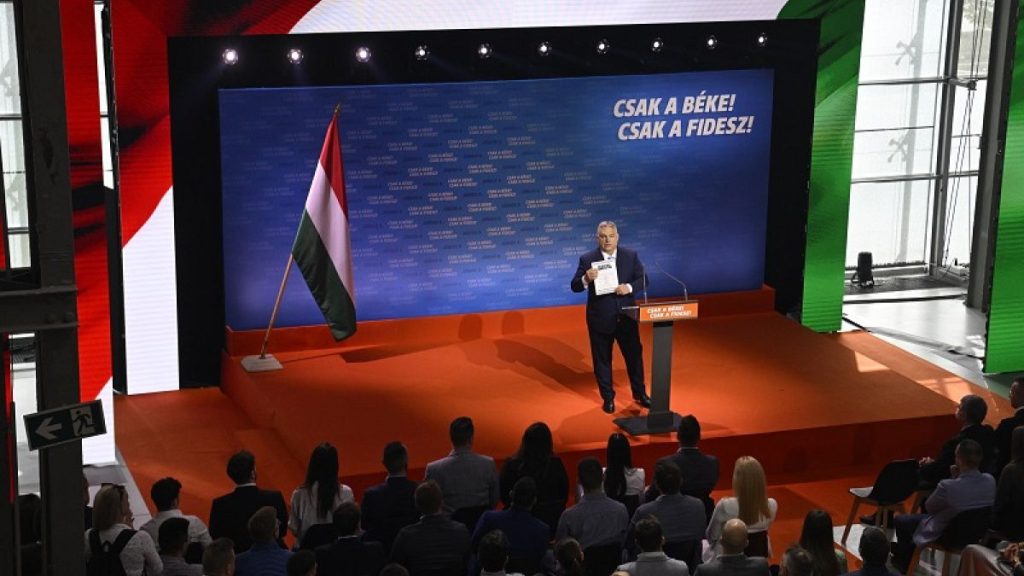The campaign season in Hungary for both municipal and European Parliament elections started on June 9th, with candidates beginning to reach out to voters. The Fidesz party made the decision to hold both elections concurrently in an effort to reduce expenses. However, experts note that the opposition faces challenges in promoting their campaign due to the extensive media control by the current government. Ownership of campaign infrastructure by businesses aligned with Fidesz limits the opposition’s access to traditional media and billboards, although there is still potential for outreach through electronic media and social platforms. A lack of Hungarian parties signing an ethics code endorsed by parties from 12 countries has raised concerns about the transparency and integrity of the upcoming elections.
International efforts are being made to ensure ethical conduct in the European Parliament elections, with concerns raised about certain Member States. Despite these efforts, Zoltán Tóth, an election expert, expressed disappointment in the lack of Hungarian parties signing on to an ethics code. He also criticized the centralization of election judgments by the Hungarian Supreme Court, raising doubts about the restoration of the rule of law in Hungary. Tóth noted a trend towards online campaigning, as older generations are adapting to internet use influenced by younger family members.
The Fidesz party’s decision to consolidate both municipal and European Parliament elections on June 9th has raised concerns about the opposition’s ability to effectively promote their campaigns. With extensive media control by the current government, ownership of campaign infrastructure by businesses aligned with Fidesz limits access to traditional media and billboards. Despite these restrictions, there are still opportunities for the opposition to engage with voters through electronic media and social platforms. However, a lack of Hungarian parties signing an ethics code endorsed by other countries has cast doubts on the transparency of the upcoming elections.
Efforts are underway internationally to ensure ethical conduct in the European Parliament elections, with concerns raised about certain Member States. Zoltán Tóth, an election expert, expressed disappointment in the lack of Hungarian parties signing onto an ethics code promoted by parties from 12 countries. He also criticized the centralization of election judgments by the Hungarian Supreme Court, which has raised questions about the restoration of the rule of law in Hungary. Tóth highlighted the increasing trend towards online campaigning, driven by older generations adapting to internet use influenced by their younger family members’ digital habits.
In conclusion, the campaign season in Hungary has begun for both municipal and European Parliament elections set to take place on June 9th. The Fidesz party’s decision to consolidate both elections aims to reduce expenses, but has raised concerns about the opposition’s ability to effectively promote their campaigns due to extensive media control by the current government. Efforts are underway internationally to ensure ethical conduct in the European Parliament elections, with concerns raised about transparency and the rule of law in Hungary. Despite challenges, there is still potential for the opposition to engage with voters through electronic media and social platforms.









